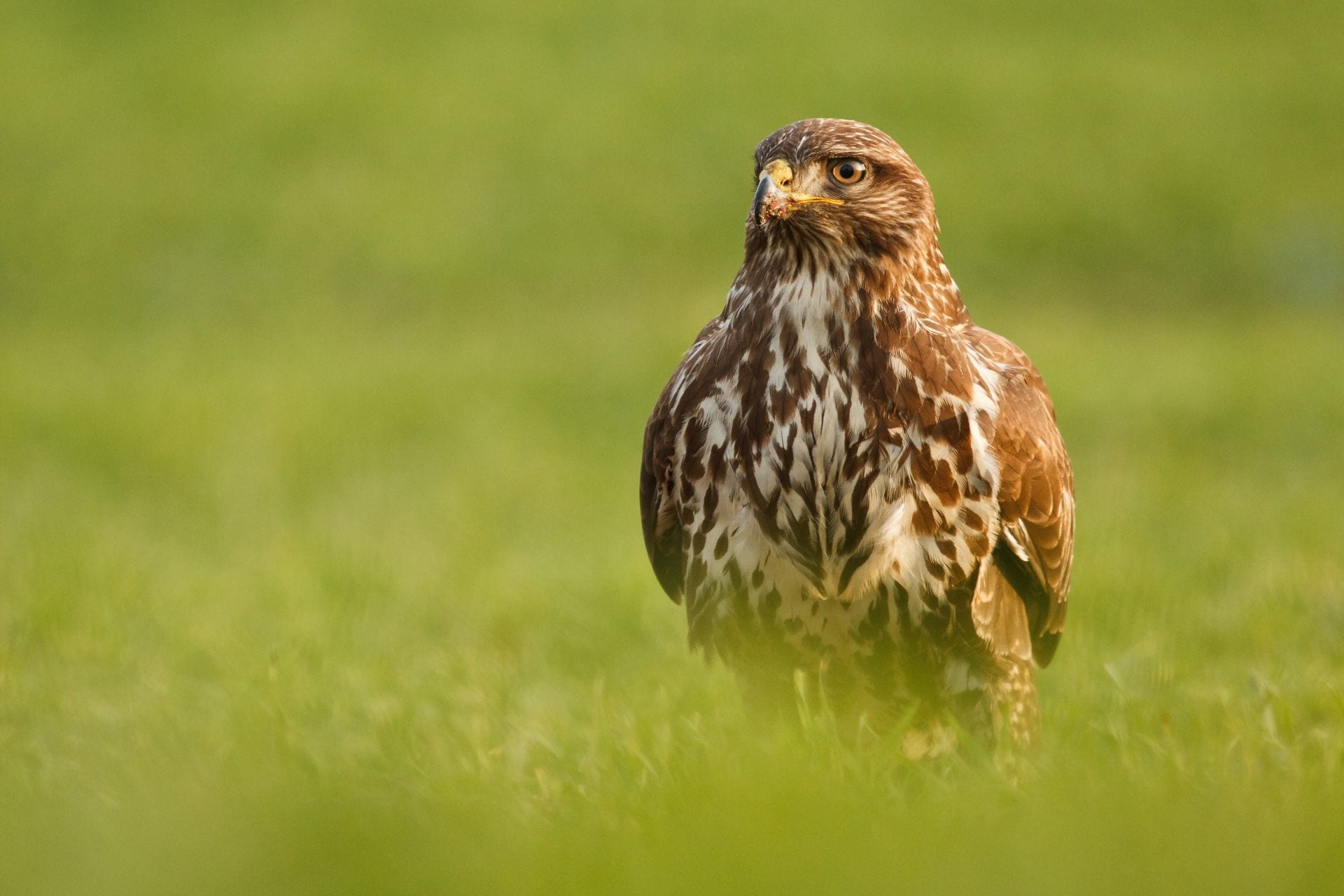In recent weeks, BirdWatch Ireland welcomed the opportunity to help shape the future of wildlife legislation by making a submission to the public consultation on the review and update of Ireland’s wildlife laws.
This consultation was the first in a multi-stage process aimed at strengthening legislation to better protect biodiversity. Our submission contains many recommendations for legislative changes that support biodiversity, align with EU law and are practical and easily understood by all.
We advocated for change under 12 main headings:
- Wildlife legislation must be compliant with the Nature Directives
- Points relating to the Wildlife Act (as amended)
- Penalties for breaches of Wildlife legislation
- Birds and Habitats Regulations 2011
- Hedgerows
- The need for legislation to support a Wildlife Crime Unit
- Poison
- Open Seasons Order
- The taking of Peregrine chicks from the wild.
- Invasive and non-native species
- Technologies
- Predator control
Our submission can be read in full here.
One of the key areas that we highlighted in both our submission and indeed, many of our communications in recent years, is the need for wildlife legislation in Ireland to align with EU law, specifically, the Birds and Habitats Directives. These Directives are recognised as some of the strongest environmental laws in the world, at least on paper. However, as there are issues regarding the transposition of these into Irish legislation, we are not seeing these translate into effective protection on the ground.
The Birds Directive [1] was agreed by Member States including Ireland in 1979. It is worth a read for its simplicity and reach to safeguard wild birds which form part of our common EU natural heritage. All wild birds are protected. As regards Ireland’s wildlife legislation which transposes and implements the articles of the Birds Directive, there are numerous pieces of legislation some of which are in direct conflict with each other. It is also not clear which laws to apply in specific situations. An overarching ask in our submission is that Government amends, clarifies and potentially consolidates the legislation, as well as communicates widely the clarified legislation. Critically this legislation which has been agreed at EU level should not be subject to political interference at national level.
A significant portion of our submission was devoted to the Wildlife Act (as amended). Several sections of the Act are not in line with the articles of the Birds Directive. For example, Section 22 of the Wildlife Act (enforcement of protection of wild birds, their nests and eggs) contains a range of exemptions which do not comply with Articles 5 (creation of a general system of protection for wild birds) and 9 (derogation from Article 5) of the Birds Directive. Within the Wildlife Act, while there are protections for birds breeding in vegetation not then cultivated between March 1 and August 31, there are several exemptions which do not comply with the strict protection for birds, their eggs and nests and derogations from same. This should be addressed.
Hedgerows are essential in maintaining wildlife diversity, providing nesting sites, food and shelter for many bird species, including the Yellowhammer, a Red-listed Species of Conservation Concern in Ireland [2], and Amber-listed species such as Greenfinch and Linnet. In our submission, we advocate that all hedgerows should be protected as high nature value linear features in the Irish landscape. We suggest that Government develop a law that protects hedgerows along the lines of the Protection of Hedgerows Bill 2024.
The need for stronger penalties for breaches of wildlife legislation was also something we advocated for in our submission. In rare cases where there are prosecutions over lack of compliance with the Wildlife Act, penalties are minimal, usually taking the form of a minor fine or donation to charity. This sends a message that wildlife crimes are not serious offences. It is vital that penalties for wildlife crimes are proportionate and consistent if they are to serve as a deterrent. Habitat restoration and reinstatement should be a requirement as a penalty if a habitat is removed in breach of the law.
BirdWatch Ireland also advocated that the State revive its plans to establish a Wildlife Crime Unit to enforce legislation, a widely held view. We also recommend that a statutory basis for this Wildlife Crime Unit be enshrined in the Wildlife Act. In addition to enforcement, the Unit could also be tasked with inspection, investigation and compliance promotion.
These are just some of the many suggestions outlined in our detailed submission.
The three main pillars of wildlife legislation in Ireland are The Wildlife Act 1976 (as amended) and The European Communities (Birds and Natural Habitats) Regulations 2011. The legislation review will focus on these main pieces of legislation as well as any significant statutory instruments that have been made under these such as the Poison Baits Regulations, the Birds of Prey Regulations, Wildlife Dealers Regulation, Approved Traps, Snares and Nets Regulations, among others.
The project will run for a number of years, and it is anticipated that two new Wildlife Bills and several new Statutory Instruments will be published arising from this work.
We look forward to learning more about the outcome of the public consultation and welcome further engagement and the opportunity to discuss our response with the Department in more detail.
You can read our submission in full here: Public consultation on Wildlife Legislation – BirdWatch Ireland
[1] https://eur-lex.europa.eu/legal-content/EN/TXT/?uri=CELEX:32009L0147 [2] Gilbert, G, Stanbury, A., Lewis, L., (2021) Birds of Conservation Concern in Ireland 4: 2020–2026 Irish Birds 43: 1–22 available here https://birdwatchireland.ie/birds-of-conservation-concern-in-ireland/


